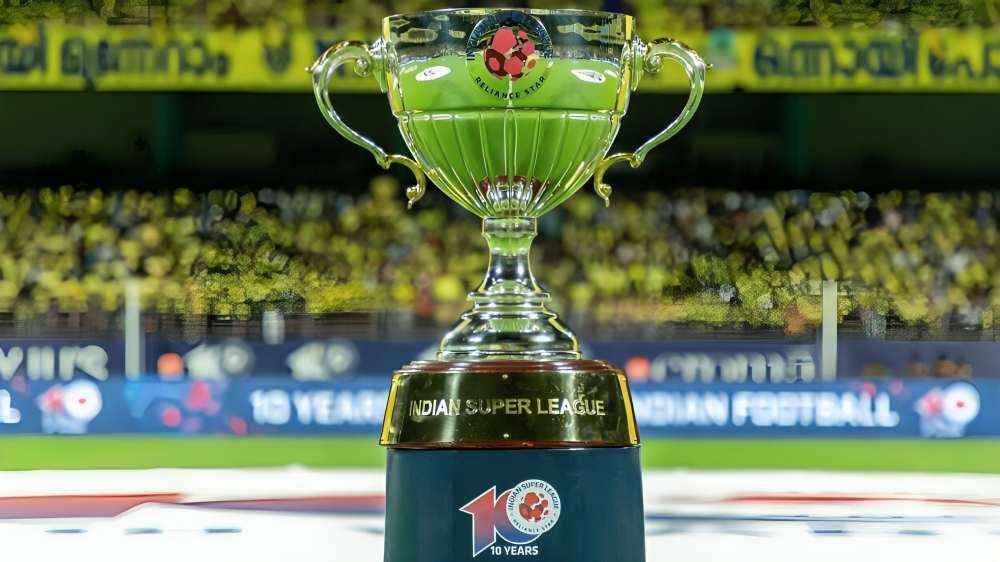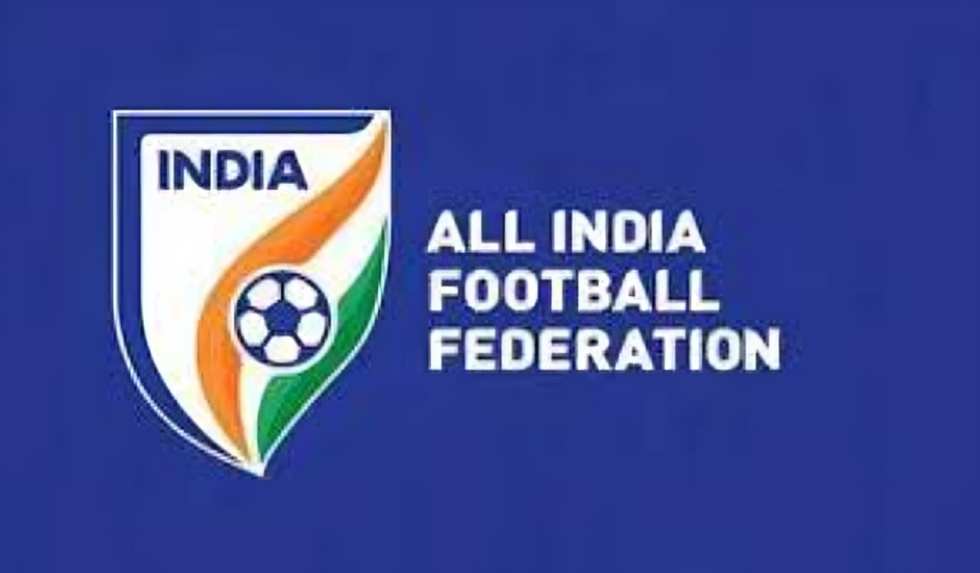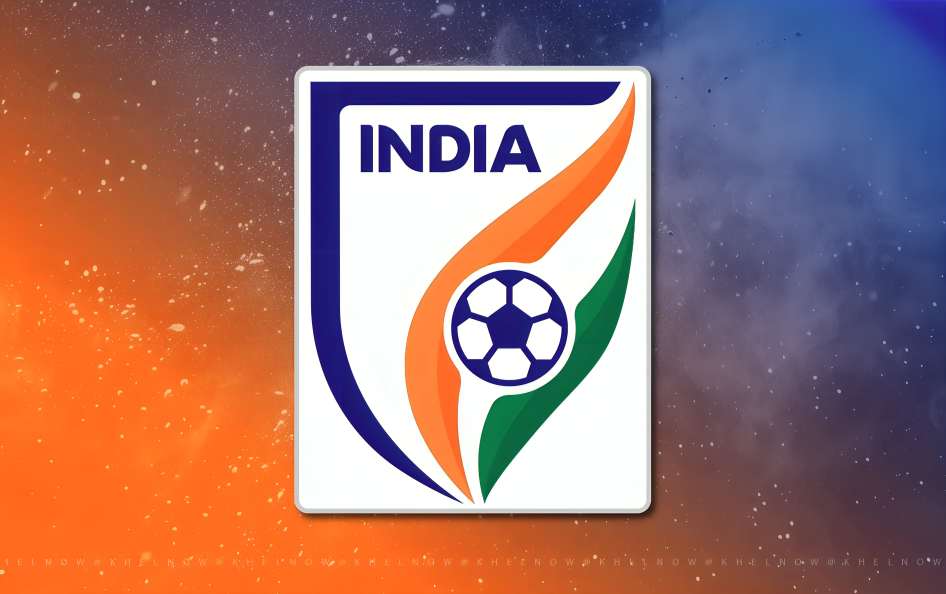The Supreme Court bench listened to the observations made by Amicus Curiae Samar Bansal during the recent hearing.
On April 23, the Supreme Court of India heard Mr. Bansal’s remarks regarding the proposed amendments to the draft constitution of the All India Football Federation (AIFF).

AIFF After reviewing the observations, the Supreme Court bench scheduled further hearings in the case for April 24 at 3 PM.
Same status; final hearing is likely to take place tomorrow. @KhelNow #IndianFootball
— Ashish Negi (@7negiashish) April 23, 2025
Today (23 April 2025), the Supreme Court bench (Justices PS Narasimha and Joymalya Bagchi) heard arguments from Amicus Samar Bansal on FSDL MRA, fresh elections, relegation and promotion etc.… https://t.co/heXpnIUgAE
Mr. Samar Bansal, serving as the Amicus Curiae in the case concerning the AIFF draft constitution, is a court-appointed lawyer granted permission to provide valuable insights, expertise, and information to assist in the decision-making process. As the Amicus Curiae, Mr. Bansal plays a pivotal role in aiding the court by presenting his professional perspective on matters related to the draft constitution of the All India Football Federation (AIFF).
In his observations, Mr. Bansal delved into various crucial aspects of the draft constitution. He meticulously reviewed and shared his views on the term durations of office bearers, a critical issue concerning the governance structure of the AIFF.
He also focused on key operational elements such as promotion and relegation, which impact the dynamics of Indian football, as well as the MRA (Mediation and Resolution Authority), a body designed to handle disputes. Furthermore, Mr. Bansal discussed the role and functioning of Football Sports Development Limited (FSDL), the organization responsible for managing the Indian Super League (ISL), emphasizing its importance to the growth of football in India.
Mr. Bansal also addressed the subject of FIFA’s normalisation committee, which had been introduced during times of crisis within the AIFF. He argued that the committee’s primary role was to act as a temporary measure, deployed to stabilize the AIFF during periods of significant internal disruption or mismanagement. In his presentation before the bench, Mr. Bansal expressed his opinion that the normalisation committee effectively represented a foreign entity within the AIFF, raising concerns about the potential for external influence in the governance of Indian football.
His argument centered on the idea that the committee’s involvement should be limited to exceptional circumstances, ensuring that it does not undermine the autonomy of the AIFF or its ability to govern the sport in India.
Throughout his contributions, Mr. Bansal sought to provide a balanced perspective on the issues at hand, taking into account both the domestic needs of Indian football and the international regulations set forth by governing bodies like FIFA. His observations aimed to guide the court in making an informed and fair decision regarding the future of the AIFF’s constitution.
Regarding the normalisation committee, Bansal remarked, “That’s a foreign body. I’m not in favour of bringing them in, because they are adequately obnoxious.”
The Supreme Court bench signals that elections will be held immediately after the new AIFF constitution is drafted.

The bench remarked, “Once the draft constitution is submitted, let me direct what actions have been taken for the BCCI. Ask someone, in whatever manner, that the election must occur once the framework is finalized.”
The bench also considered the recommendations from the amicus and is preparing to hear the final arguments from Additional Solicitor General of India, Mr. KM Nataraj, representing the Union of India, on the AIFF draft constitution on April 24.


